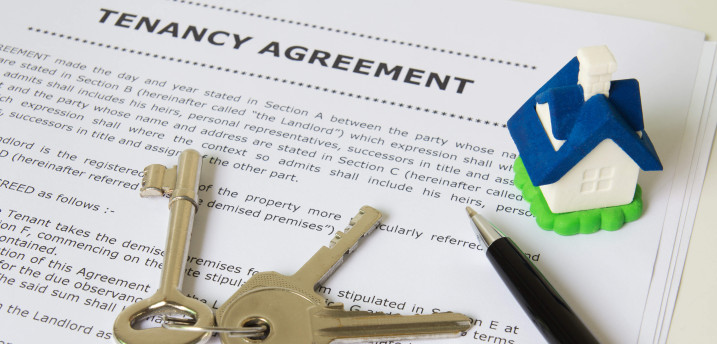When entering into a rental arrangement in New Zealand, it’s crucial to understand the various types of tenancy agreements available. The type of agreement you choose can have significant implications for both landlords and tenants. In this guide, we’ll explore the most common types of tenancy agreements in New Zealand.
1. Fixed-Term Tenancy:
A fixed-term tenancy has a specific start and end date, often lasting for a fixed period, such as six months or one year. This type of agreement offers stability and security for both landlords and tenants. During the fixed term, neither party can terminate the tenancy without sufficient cause.
Pros:
- Provides certainty about the duration of the tenancy.
- Rent cannot be increased during the fixed term, unless specified in the agreement.
- Landlords can plan for the future and avoid frequent turnovers.
Cons:
- Tenants are committed to the property for the agreed-upon term, even if their circumstances change.
- Landlords can only terminate the tenancy for specific reasons outlined in the Residential Tenancies Act.
2. Periodic Tenancy:
A periodic tenancy, also known as a month-to-month tenancy, doesn’t have a fixed end date. Instead, it continues until either the landlord or tenant gives notice to terminate. Periodic tenancies are automatically established if a fixed-term tenancy expires, and neither party has given notice to end the tenancy.
Pros:
- Offers flexibility as tenants can give relatively short notice to terminate.
- Landlords can end the tenancy with proper notice for specific reasons, such as selling the property or moving in themselves.
Cons:
- Less long-term security for tenants.
- Landlords may experience more frequent turnover.
3. Renting a Room (Boarding Arrangement):
In some cases, a tenant may rent a single room within a larger property, such as a house or flat. This type of arrangement is often referred to as a boarding or flatting situation. Tenants typically share common areas like the kitchen and bathroom with others in the property.
Pros:
- Lower rental costs compared to renting an entire property.
- Opportunities to socialize and share expenses with flatmates.
Cons:
- Less privacy compared to renting an entire property.
- Potential for conflicts with other flatmates.
4. Boarding House Tenancy:
A boarding house tenancy applies when multiple tenants have individual agreements to rent rooms in a boarding house. Boarding houses are subject to specific regulations and requirements to ensure the safety and well-being of residents.
Pros:
- Provides affordable housing options for tenants.
- Offers communal spaces and shared facilities.
Cons:
- Regulations can be complex for landlords.
- Compliance with boarding house standards is required.
5. Commercial Tenancy:
Commercial tenancy agreements apply to properties used for business purposes, such as offices, retail spaces, or industrial units. These agreements are subject to different rules and regulations compared to residential tenancies.
Pros:
- Opportunities for landlords to earn higher rental income.
- Tenants can access premises tailored to their business needs.
Cons:
- Different legal requirements and obligations compared to residential tenancies.
- Commercial properties may experience higher vacancy rates.
6. Holiday Home Tenancy:
Holiday home tenancies involve renting a property for short-term vacations or holidays. These agreements are typically for a few days to a few weeks and are subject to unique terms and conditions.
Pros:
- Property owners can earn income from their vacation homes.
- Tenants have access to furnished and equipped properties for short getaways.
Cons:
- High seasonality, with demand peaking during holidays and special events.
- Frequent turnover of tenants.
Understanding the type of tenancy agreement that best suits your needs or responsibilities as a landlord or tenant is essential. It’s advisable to seek legal advice or consult with organizations like Tenancy Services in New Zealand to ensure you comply with all relevant laws and regulations when entering into any tenancy agreement.
Regenerate



